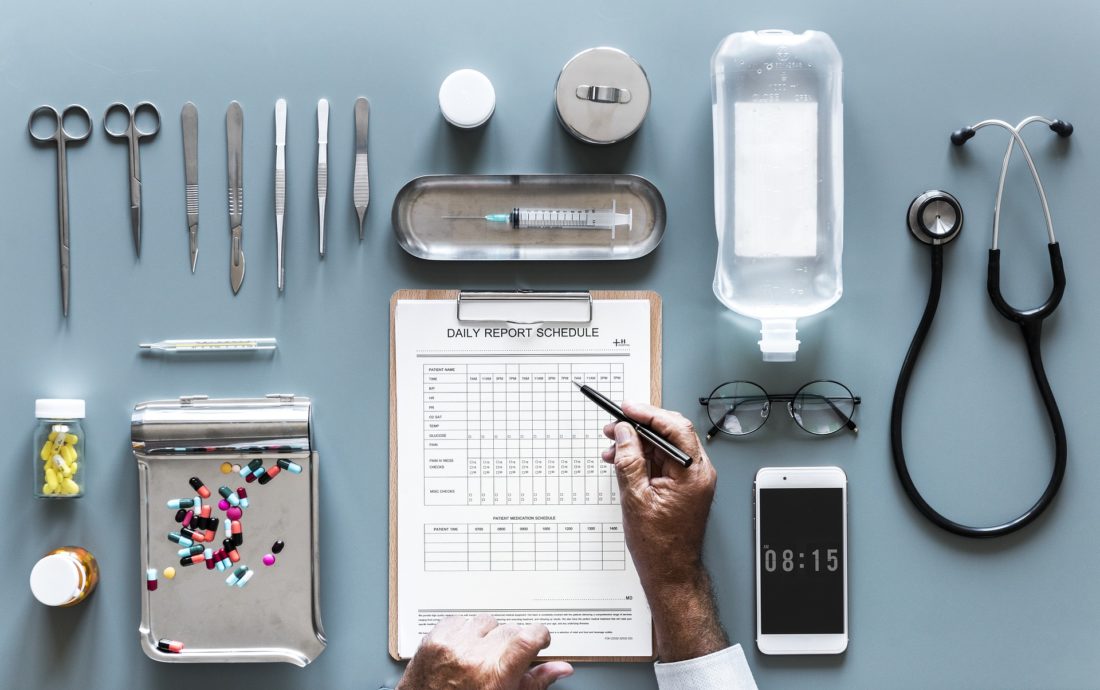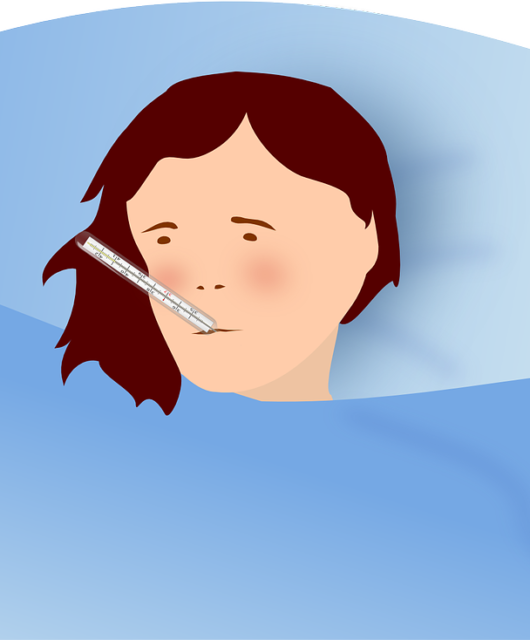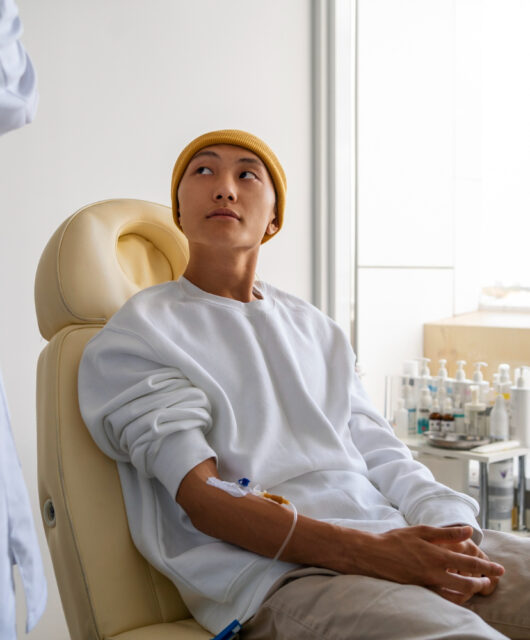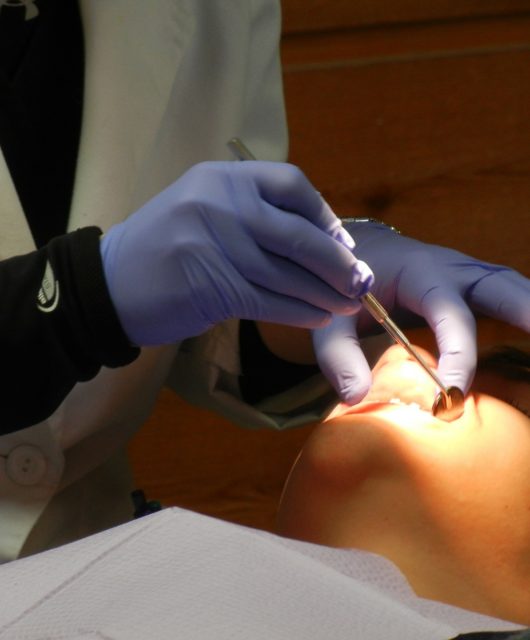Why Is It So Hard to Prove Medical Negligence?

Medical negligence occurs when a doctor or other medical professional leaves something out of your diagnosis or treatment, or when they inadvertently lead to further injury or harm. It covers a wide range of potential incidents, from a doctor’s bad advice leading you to a worsened condition to an irresponsibly given prescription leading to health complications.
It’s possible to take legal action against the practice responsible for the incident, but if you’re going to be successful, you’ll need to prove that medical negligence has occurred. Many patients find it hard to prove that they’ve been the victim of medical negligence, but why is it so hard to prove? And what can you do to prove it if you’ve been the victim?
Why Medical Negligence Is Hard to Prove
Let’s start by looking at why medical negligence is often hard to prove.
- Proactive documentation. Judges can’t make a decision on a medical negligence case unless they have verifiable evidence that negligence has been committed. Doctors and medical practices often keep detailed records on their patient visits, but they’re in control over what gets recorded. And patients often don’t keep documents or records of their own proactively, since they have no way to tell whether medical negligence will occur. We have a tendency to trust medical professionals to do their job adequately, so we aren’t proactive with documentation.
- Proving causation. Many claims fail when it comes to proving causation. Causation is a legal concept wherein an action or decision by one party directly leads to harm; in other words, if the decision hadn’t been made, no harm would have come to the patient. For example, if a terminally ill patient was treated by a doctor, and the treatment failed due to negligence, the patient may have a hard time proving that they would have gotten better if the treatment had been successful.
- Proving harm. In many cases, it’s also hard to prove that you were left in worse condition than you’d be in if the negligence hadn’t occurred. In some cases, you may have a paper trail of worsening symptoms, but in others, an analysis of how much harm befell you may be contingent upon your subjective assertions.
How You Can Prove Medical Negligence
Fortunately, there are some ways you can prove that medical negligence has occurred, even after the initial events have unfolded.
- Work with a lawyer. First, start working with a lawyer as soon as possible. Your lawyer will have a thorough understanding of how medical negligence law works, and they’ll be able to give you concrete advice on what to do next. Most lawyers offer initial consultations for free or inexpensively, so it’s worth going to one of those consultations to learn about how strong your case is—and what you can do to make it stronger.
- Document everything you can. If you’re reacting to an incident of medical negligence that has happened some time ago, you may not have much flexibility on what you’re able to document. Still, it’s best to document everything you can. Keep any records of doctor’s appointments you’re making in the wake of the negligent incident, including how much you’re paying for the damages and how long you’re out of work. Try to write down any memories you have of previous appointments, and the exact advice your doctors gave you. The more concrete documentation you have on your side, the better—and documentation from your physician may not be enough.
- Focus on causation. Everything about your claim hinges on the legal concept of causation, and proving a causational link. If you’re not able to prove that the medical practitioner’s advice, decisions, or actions directly led to harm, you won’t be able to win your case. This is tough for the average person to do, so make sure you’re working with a lawyer to strengthen your medical negligence case.
Medical negligence is always unfortunate, and it’s unfortunate that it’s so hard to prove in a court of law. But if you’re aware of the difficulties of proving medical negligence and why those difficulties exist, you’ll have a much better chance of gathering the documents necessary to build a strong case. No matter where you are in the process, it’s a good idea to talk to a lawyer; that way, you can be confident that you’re taking the right actions, every step of the way.









